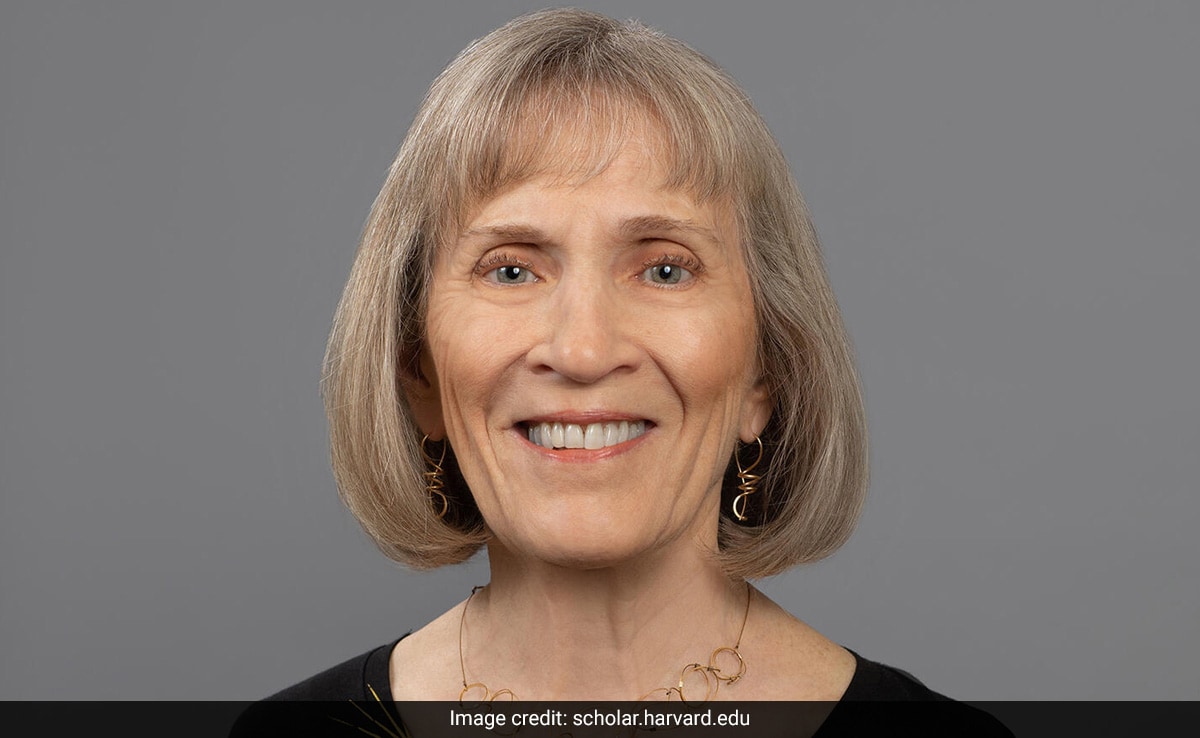
Marie Curie was the first woman laureate in 1903
It has been a record year for women in the Nobel prizes season, with Claudia Goldin of the United States swelling their ranks on Monday by winning the Economics Prize. Ms. Goldin sealed the bumper year for Nobel women, three days after Iranian rights activist Narges Mohammadi, jailed for campaigning against the oppression of women, won the Peace Prize.
Swedish scientist Anne L’Huillier also shared the physics prize and Hungary’s Katalin Kariko the medicine prize.
If it is a record year it is because the first two did not share the prize with anyone else, meaning that for the first time, almost half {47 percent} of the Nobel prizes went to women, against just over two-fifths (42 percent} in 2009 and 2004, the previous highest proportion.
In another first, Ms Goldin is the first woman to have won the economics prize on her own.
2023 also stands out because three out of four women laureates won prizes that have been dominated by men.
Since the first Nobel prizes were awarded in 1901, women have won only five out of 225 physics prizes, three out of 93 economics prizes, and 13 out of 227 medicine prizes.
In total, 65 women have won prizes, representing only 6.7 percent of the total, with the number on the rise since the early 2020s.
Marie Curie was the first woman laureate in 1903 and she is to this day the only woman to have received two Nobel prizes, first for physics in 1903 and then in 1911 in chemistry.
(Except for the headline, this story has not been edited by NDTV staff and is published from a syndicated feed.)




